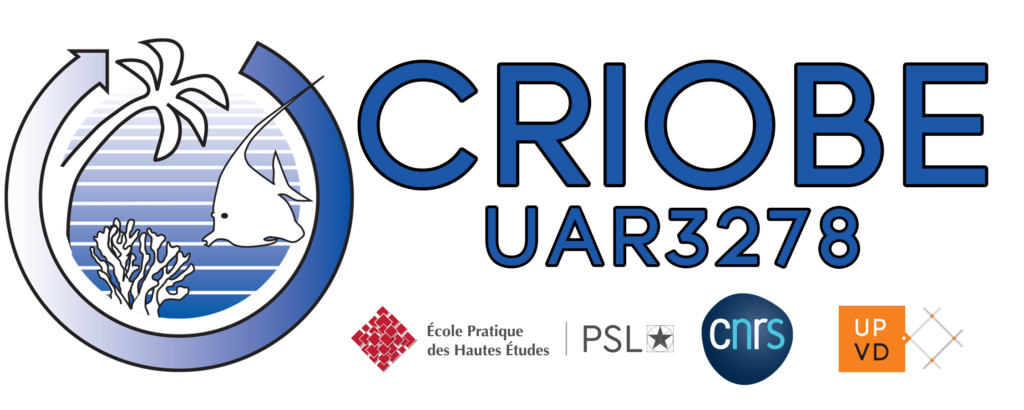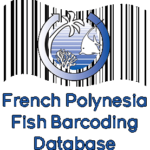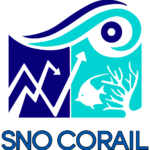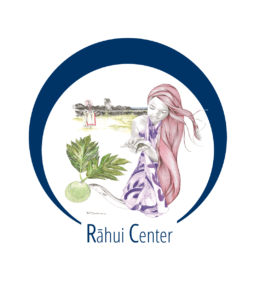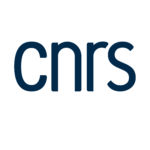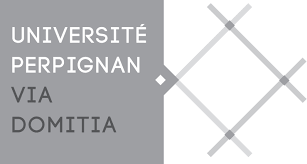Resources
The French Polynesia Fish Barcoding Database is online and accessible to everyone. It includes all the fish specimens sampled during the many fieldwork expeditions carried out by CRIOBE in recent years across French Polynesia (Gambiers, Marquesas, Austral Islands, Moorea, Mohotani).
Information about each listed specimen include scientific name, photo, sample date, GPS location, depth of sampling, size, and the DNA sequence of its mitochondrial gene cytochrome c oxidase subunit 1 (IOC). This collection of records can be queried and retrieved based on specific fields including part of the DNA sequence of the IOC.
The SNO CORAIL, located on the Moorea campus, is a service labeled by the CNRS-INSU and integrated into the national network of SNOs (National Services of Observation). SNO CORAIL integrates a variety of physical and chemical data obtained from a network of probes coupled with biological monitoring.
Several monitoring methods are used: coral transects by photo-quadrat, permanent reef-scape photographic surveys since 2005 on all the islands of the network, monitoring of coral recruitment on Moorea since 2000, underwater surveys listing reef fish abundance and size. All this data is made freely available to the scientific community via an interactive online platform.
The SNO CORAIL label by INSU was renewed in 2019 for 5 years, thus reflecting the long-term commitment of INSU to the observations collected in the Pacific. The SNO CORAIL falls within the scope of the ILICO research infrastructure and collaborates with GCRMN to produce syntheses of the state of health and trends of coral reefs in the Pacific region and around the world.
The Rāhui Forum and Resource Center is hosted by CRIOBE in Moorea, French Polynesia.
It gathers a team of researchers in environmental and social sciences, including ecologists, marine biologists, anthropologists, sociologists, linguists, economists from CRIOBE, the Bren School for Environmental Science and Management from the University of California – Santa Barbara, and the EASTCO lab of the University of French Polynesia.
This project is supported by the Vibrant Ocean Initiative from Bloomberg Philanthropies, which acts in favor of the protection of marine environments – in particular coral reefs – and promotes sustainable fishing practices.
